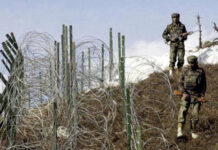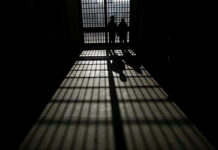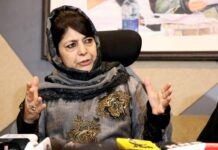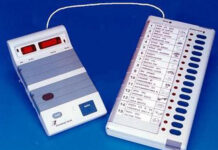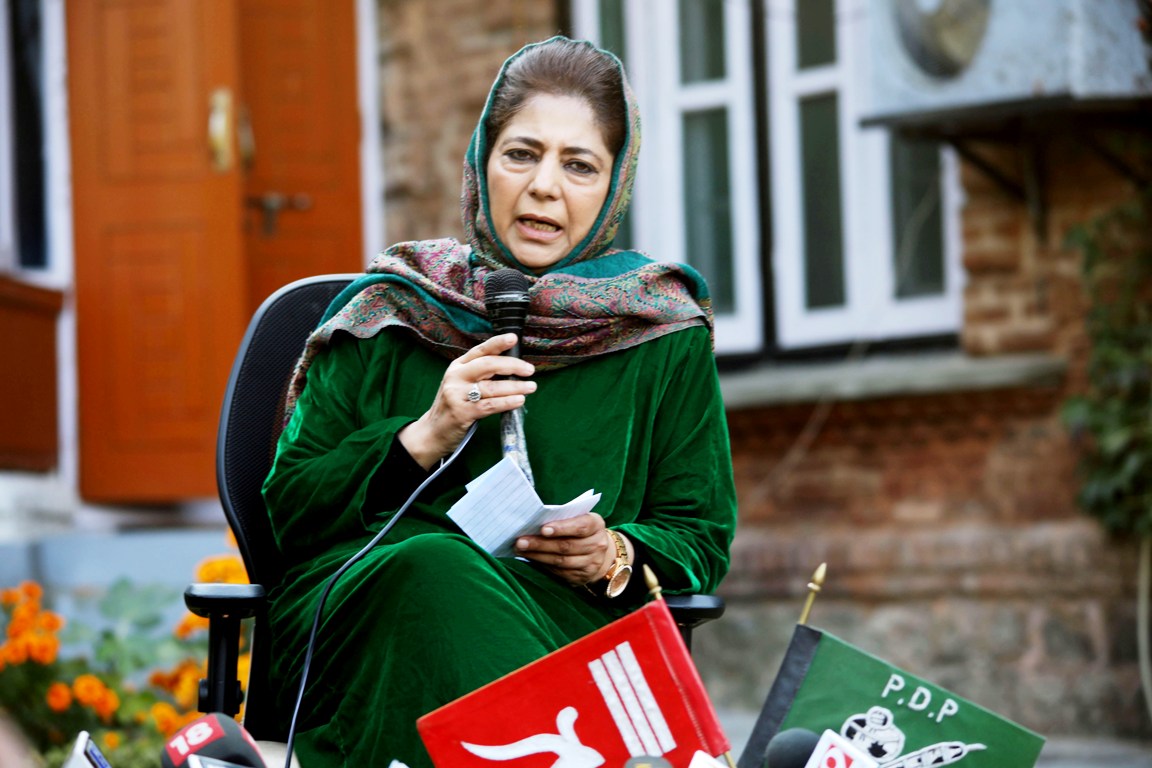KL News Network
Srinagar

The Central University of Kashmir (CUK) Vice-Chancellor, Prof Mehraj ud Din Mir Monday inaugurated a one-day workshop “Curriculum Development and Syllabus Framing of Religious Studies,” organized by the Department of Religious Studies at Nowgam-II academic block here.
Director Research and Development, Prof Muhammad Aslam, Dean School of Social Sciences, Prof Hamidullah Marazi, Deans of other Schools, Heads of departments, experts from the concerned field, faculty members, students and other university officials were also present on the occasion.
Addressing the gathering, Vice-Chancellor, Prof Mehraj ud Din Mir lauded the department for holding the workshop on curriculum development. Prof Mehraj ud Din asked the experts to thoroughly debate the curriculum to be framed for teaching the students. “The department of Religious Studies must be able to give a message to the world what actually religions teach to human beings and what is the basic purpose of any religion, especially Islam?” he said. “Almost all the fundamentals of any religion are same. But it is we people who try to interpret them in different way.”
Referring to the recent controversy generated on the issue of triple Talaq, Prof Mir said, “The concept of dealing with various family issues is abundantly clear in Quran and there is no scope for any doubt. But what we are really ashamed is when people, claiming to be experts of religion are seen arguing and fighting with each other on television debates about these issues and there are people who have vested interests as they want to make it more public as possible. These so called experts are trying to bring disrepute to Islam by indulging in such acts,” he said adding that Islam is the key religion which provides answer to every issue.
He said the University is going to have Memorandum of Understandings (MoUs) with various institutions at national and international level wherein it will try to explore the possibility of students exchange programme. The Vice-Chancellor asked the organizers to put the draft of the deliberations held during the workshop on the university website in order to get the feedback and opinion from all the stakeholders.
Prof. Muhammad Aslam while speaking on the occasion said the students concept about religions including Islam, Hinduism, Judaism, Christianity, Sikkhism and other sects have to be clarified thoroughly during their academics. He said that in the academics, one has to rise above the personal considerations while teaching religious studies to the students. “We may not like Judaism or Christianity, but when we do an academic course, we have to put all these religions parallel to each other so that the learner gets an insight into how the religions are different from each other and how they have been able to have an impact on the minds of people, respectfully following them,” Prof. Aslam added. He said that in modern times, it is Islam that has become the bone of contention, not only in West, but also in the Muslim countries.
He added that the idea of starting the programme of Religious Studies department in the CUK is to enable the young students to develop an unbiased a scientific approach to all religions so that they are able to decide on themselves which one is good and which one is not that good.
Dean School of Social Sciences, Prof. Hamidullah Marazi, in his key note speech deliberated upon the aims and objectives of holding the workshop. “Keeping pace with the global and national challenges to religion and religious studies, the Department organized the workshop to discuss the proposed syllabi for the inclusive trans-disciplinary, multi-disciplinary and inter-disciplinary courses to be introduced from next academic year,” he said adding the syllabi covers Ecology, Gender Issues, Spirituality, Value Education, Social Justice, Madrassa Education, Finance Mechanism, textual Studies, Art, Human Rights, Conflict Management and other such areas vis-avis- religion in a holistic and comparative manner. He said the objective of all these proposed courses is to integrate religious insights with various facets of our educational curriculum, for creating better understanding among the humans and also making this world a better place to live. ![]()



